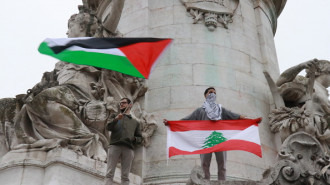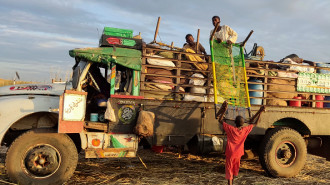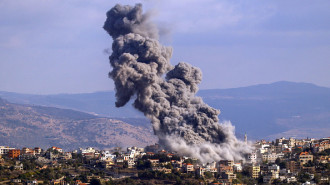UN rights experts call for probe into Sudan 'abyss'
Sudan is "sliding into a human rights abyss," a group of five United Nations experts said in a joint statement on Wednesday.
The experts called for an "independent investigation" to be set up by the UN Human Rights Council, which opens a new session on June 24.
The signatories of the statement include Aristide Nononsi, who focuses on human rights in Sudan, as well as the special rapporteur on the right to peaceful assembly, Clement Nyaletsossi Voule, and Agnes Callamard, the rapporteur on extrajudicial or summary executions.
Sudan has been led by a military council since it toppled president Omar al-Bashir on April 11 after months of nationwide protests against his iron-fisted rule of three decades.
Following Bashir's removal, protesters camped outside military headquarters in Khartoum for weeks to demand civilian rule, before security and paramilitary forces violently dispersed them.
The protest movement launched a campaign of civil disobedience on Sunday, and most businesses stayed closed and residents hunkered indoors for the next three days.
Read more: Why is everyone on social media changing their profile pictures into blue?
It had threatened to pile even more pressure on the generals by releasing a list of members for a new ruling body - the key point of dispute between the two sides.
But they agreed to end the campaign and return to talks, said an envoy of Ethiopian Prime Minister Abiy Ahmed.
The civil disobedience campaign was launched after a week of deadly violence in the capital Khartoum.
Paramilitary and security forces on Monday stormed a 58-day-long peaceful sit-in, reportedly beating and shooting at unarmed protesters, raping doctors and throwing tens of dead bodies into the river Nile.
At least 118 people were killed and hundreds injured in the massacre and ongoing crackdown, according to the Central Committee for Sudanese Doctors (CCSD).
Activists have reported arrests and beatings of opposition activists as paramilitary militias roam the streets, dismantling barricades set up by demonstrators to shield their neighbourhoods from more violence.
Meanwhile, Sudan's military rulers have said they will not restore internet access because it "poses a threat to national security" amid an information blackout following a deadly crackdown.
Shamseddine Kabbashi, the spokesman for the Transitional Military Council, made the comments to local media on Wednesday.
The internet monitoring group NetBlocks said that Sudan's remaining internet connectivity was disconnected late on Monday. Internet had largely been cut off in the capital already.
UN human rights experts are independent specialists who do not speak for the world body.
Establishing a Human Rights Council probe requires a resolution that gains support from a majority of the council's 47 members.
Follow us on Twitter: @The_NewArab

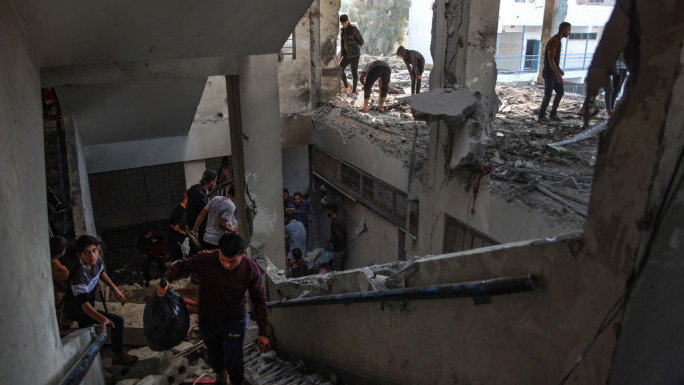
![President Pezeshkian has denounced Israel's attacks on Lebanon [Getty]](/sites/default/files/styles/image_684x385/public/2173482924.jpeg?h=a5f2f23a&itok=q3evVtko)

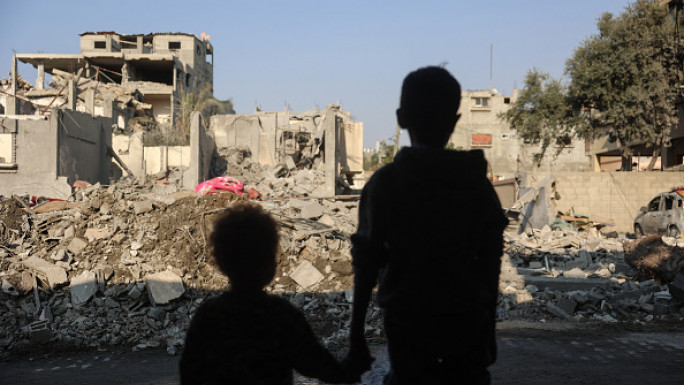
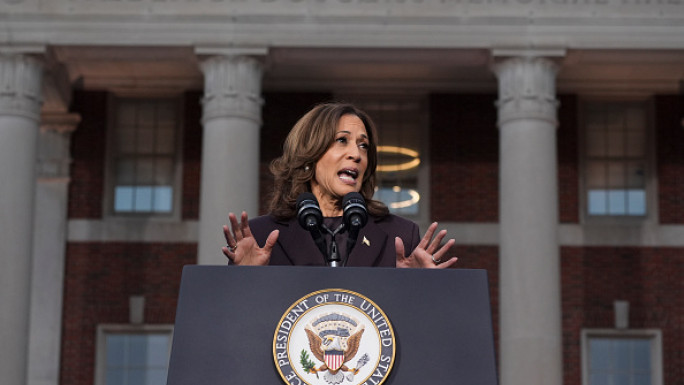
 Follow the Middle East's top stories in English at The New Arab on Google News
Follow the Middle East's top stories in English at The New Arab on Google News
